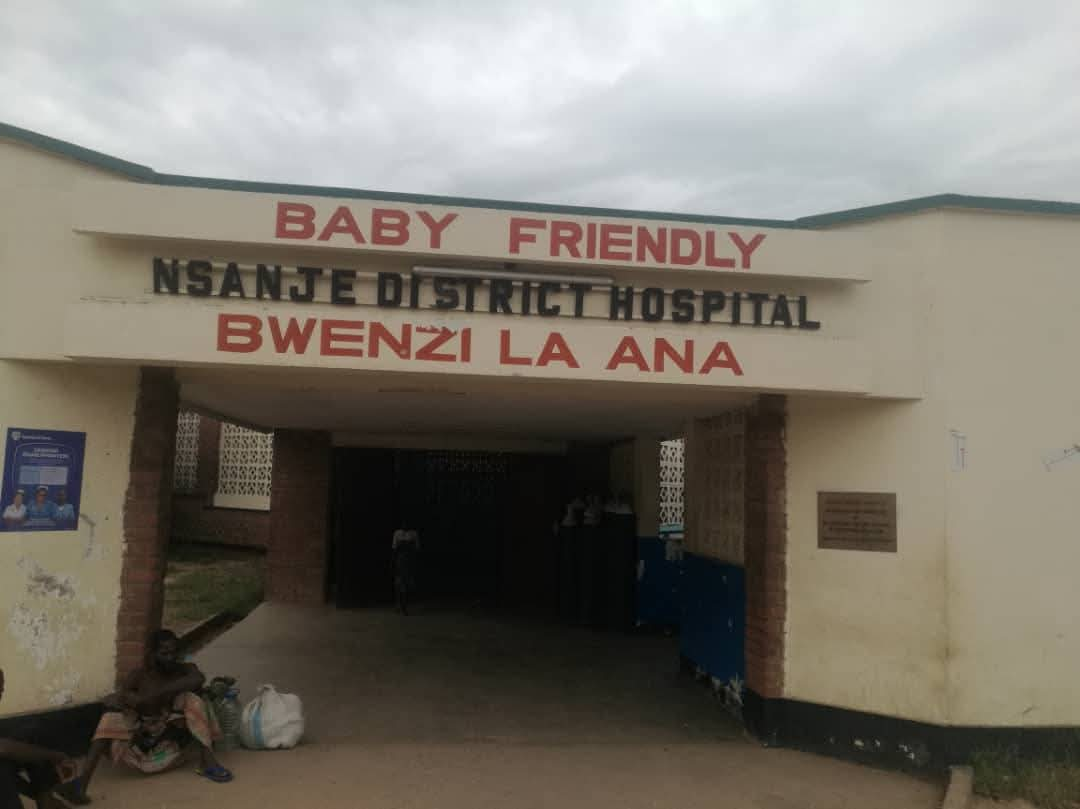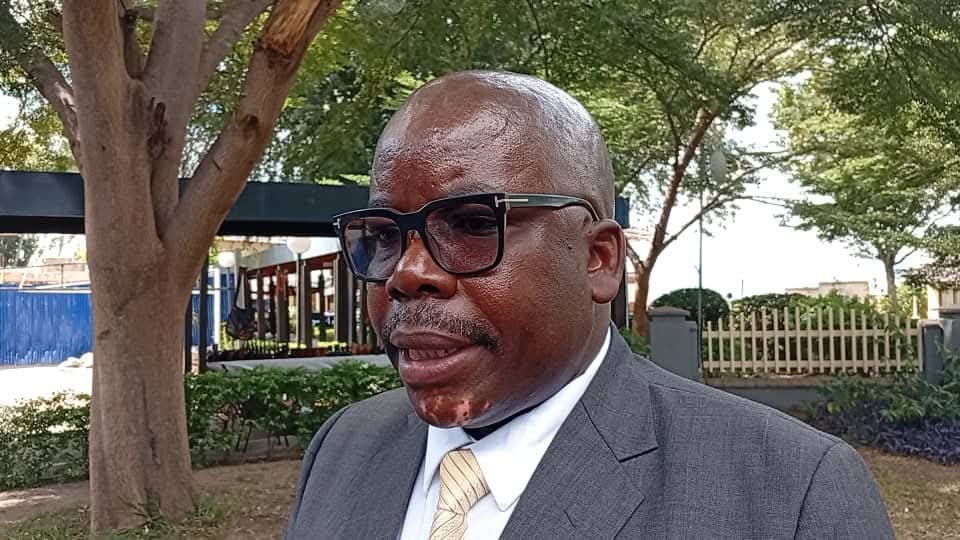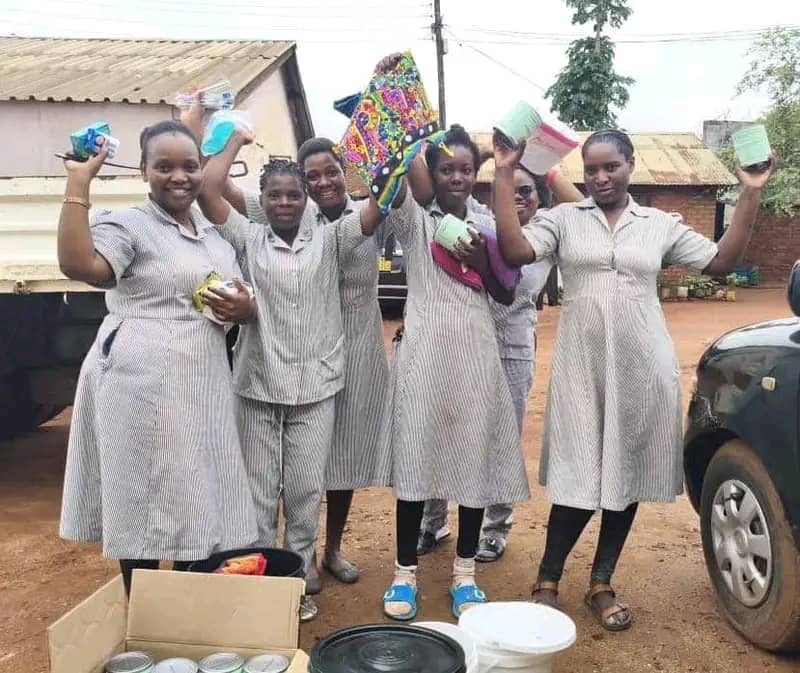By Burnett Munthali
Nsanje, Malawi – Deep-rooted myths and cultural beliefs surrounding family planning are deterring many adolescent girls and women of childbearing age in Nsanje District from using contraceptives. This issue, coupled with societal misconceptions and access challenges, continues to undermine efforts to promote reproductive health in the region.
During random interviews conducted by Capital FM, several adolescent girls revealed their reluctance to use contraceptives, citing fears of infertility. They also expressed concern over a widespread belief that family planning methods are linked to the emergence of various disease outbreaks.
Deputy Chairperson of the Nsanje District Youth Network, Mphamvu Kalima, attributed the low uptake of contraceptives among adolescent girls to the unwelcoming attitudes of some healthcare workers. “Young girls often face judgment and hostility when they try to access family planning services at health facilities. This discourages them from seeking the help they need,” Kalima explained.
George Mbotwa, Spokesperson for the Nsanje District Health Office, acknowledged that myths and misinformation play a significant role in the low contraceptive uptake. “We recognize that these misconceptions are a major barrier, and as authorities, we have intensified awareness campaigns to address the knowledge gap and dispel the myths surrounding family planning,” Mbotwa said.
Health rights commentator Maziko Matemba emphasized the critical need for adolescent girls to embrace family planning methods to prevent unintended pregnancies and safeguard their futures. “Access to family planning is not just about health; it’s about empowering young girls to make informed decisions about their lives,” Matemba stressed.
The Nsanje District Health Office, in partnership with local organizations, is rolling out community sensitization initiatives to educate the public on the benefits of family planning and debunk misconceptions. These efforts aim to create a supportive environment where adolescent girls can access reproductive health services without fear or stigma.
As Nsanje grapples with these challenges, stakeholders are calling for a multi-sectoral approach involving traditional leaders, community influencers, and healthcare providers to break the cycle of myths and foster acceptance of family planning practices. Only through sustained efforts can the district achieve its goal of improving reproductive health outcomes for all.




